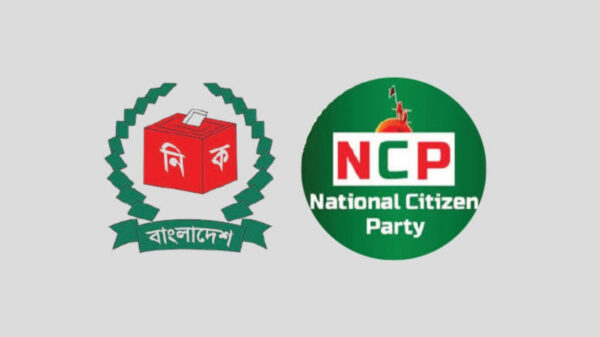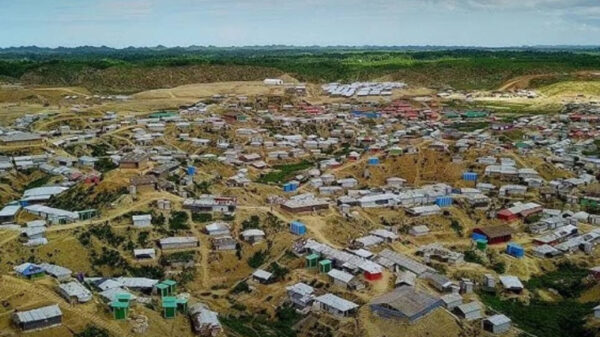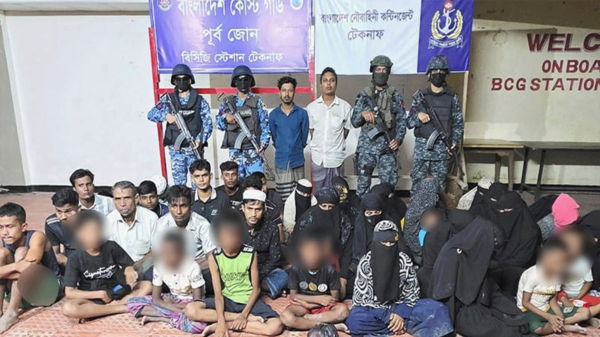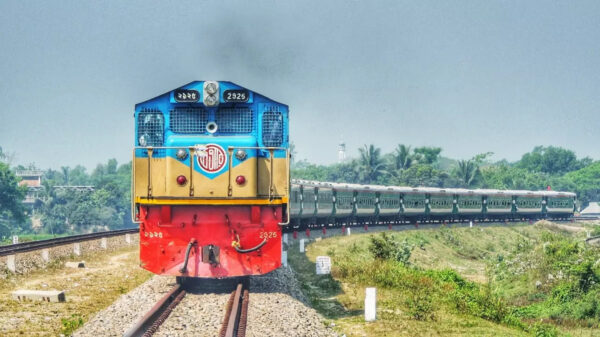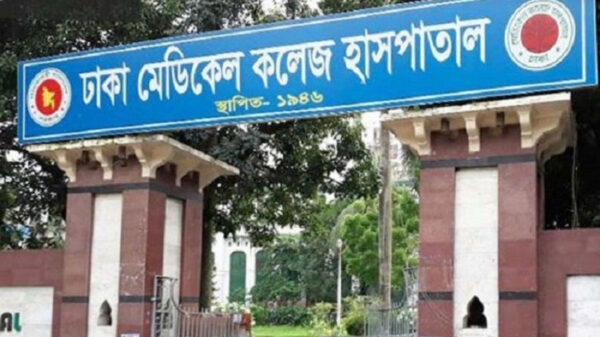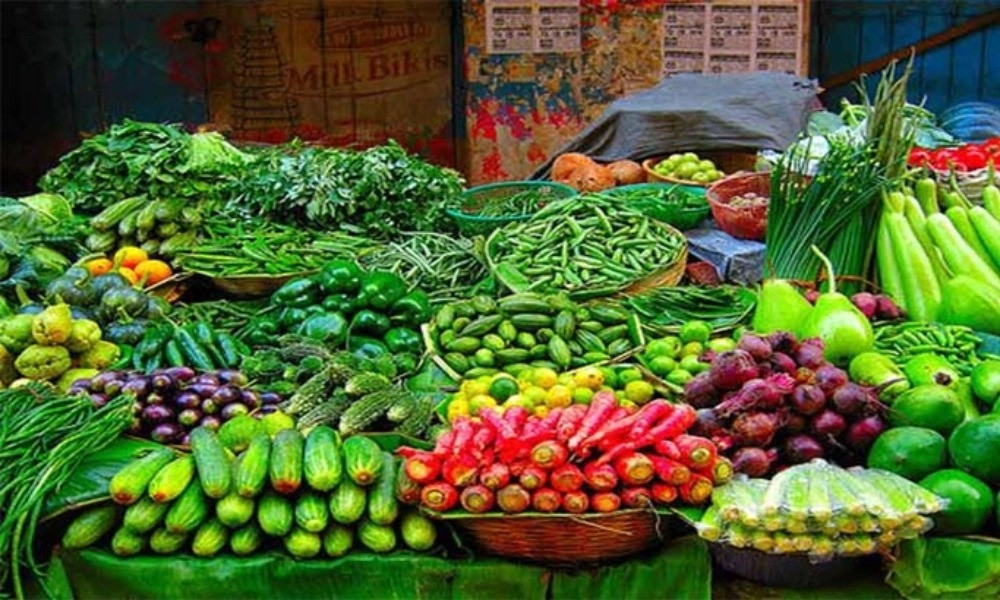Staff Reporter:
Vegetable prices in Dhaka have surged to three to four times higher than farm-gate rates, with extortion on highways, middlemen profiteering and weak market monitoring identified as the main drivers. Farmers in producing districts such as Bogura, Khulna, Jashore, Pabna, Rajshahi and Kushtia are receiving only a fraction of the final retail price, while city consumers are left to bear the brunt.
Traders report that vegetable consignments face repeated tolls during transportation to the capital. Truckers are forced to pay illegal levies to highway police, political activists and local groups at multiple checkpoints. These added costs are passed on to wholesalers and, ultimately, to consumers.
“Since early August, extortion had subsided. But now highway police harassment has intensified, and drivers are being forced to pay to avoid trouble,” said Sorkar Mukul, General Secretary of the Bogura Truck and Covered Van Owners’ Association.
Price escalation from farm to market
Price comparisons reveal the steep margins:
Hyacinth bean: Tk27–40 per kg in Bogura, Tk160–220 in Dhaka.
Brinjal: Tk27–55 at source, Tk80–140 in Dhaka.
Bitter gourd: Tk30–35 at farm level, Tk80–100 in the capital.
Snake gourd: Tk27–33 at source, Tk90–100 in Dhaka.
Okra: Tk20–28 in rural markets, Tk80–100 in Dhaka.
Pumpkin: Tk17–20 at farm, Tk55–60 in the city.
In some cases, retail prices are four to five times higher than wholesale.
Traders and officials shift blame
Wholesalers attribute price hikes to heavy rainfall reducing supply, higher transport fares and spoilage risks. Retailers argue that wastage forces them to charge more. Yet consumer rights groups and trade experts point to extortion, commission trading and the unchecked role of intermediaries as the core problem.
“During the students’ control of the streets, extortion was absent. Now it has returned, making essential items unaffordable,” said Khalilur Rahman Sajal, Executive Director of the Voluntary Consumers Training and Awareness Society.
Monitoring failures and systemic flaws
The Bangladesh Trade and Tariff Commission (BTTC), in a recent report to the Commerce Ministry, acknowledged that illegal toll collection, profiteering middlemen, inadequate data and poor monitoring are fuelling the crisis. Officials from Bogura to Jashore confirmed traders are forced to pay multiple levies en route to Dhaka’s wholesale hubs.
Agricultural extension officials stressed the need for stronger “agricultural marketing groups” to ensure fair prices for farmers, both online and offline.
Consumer rights advocates argue that without strict government monitoring, the retail market will remain unstable. Farmers will continue to be deprived, while urban households struggle with inflated food bills.



